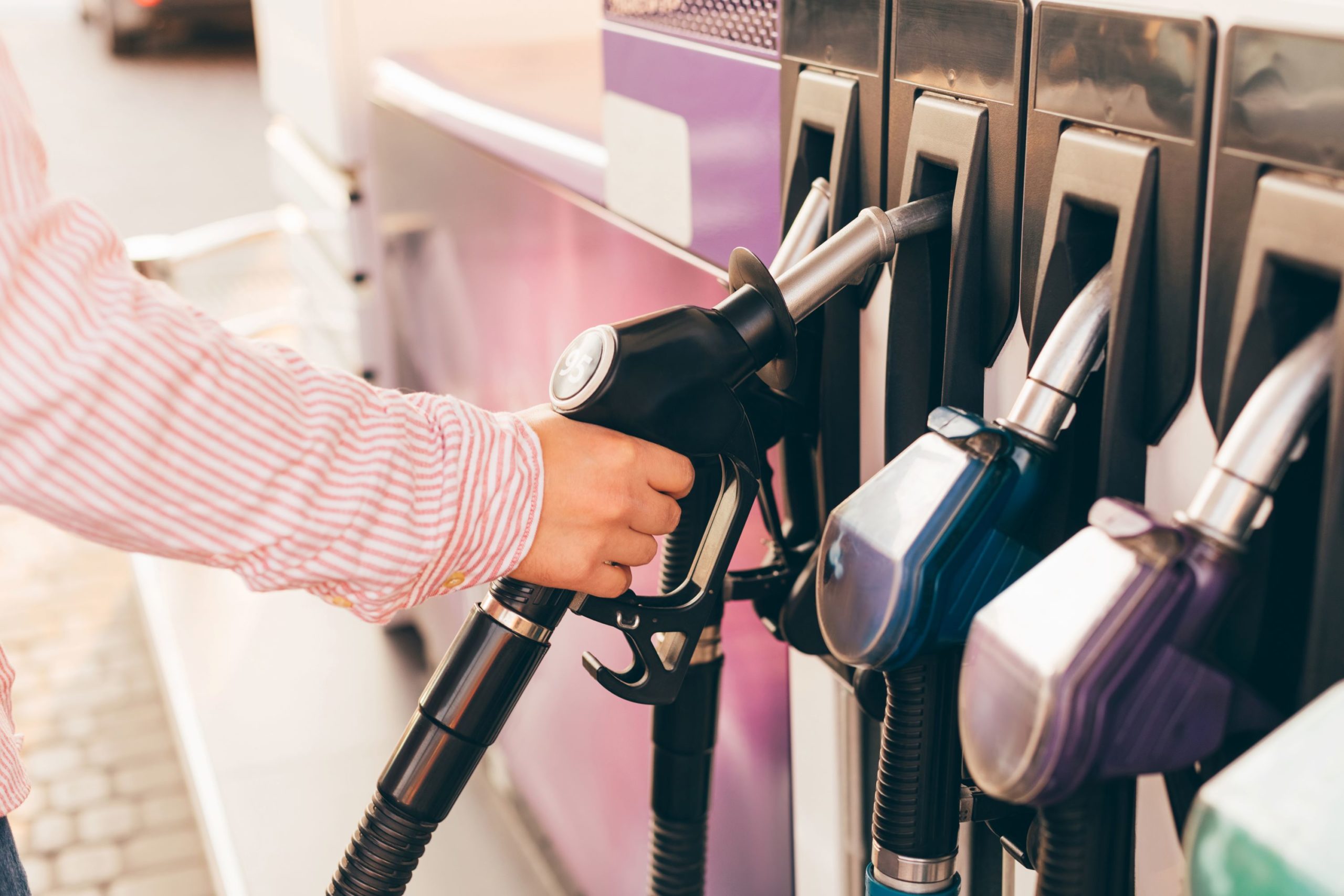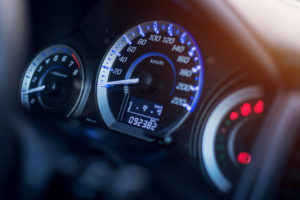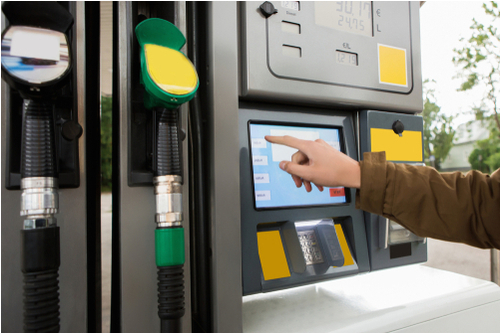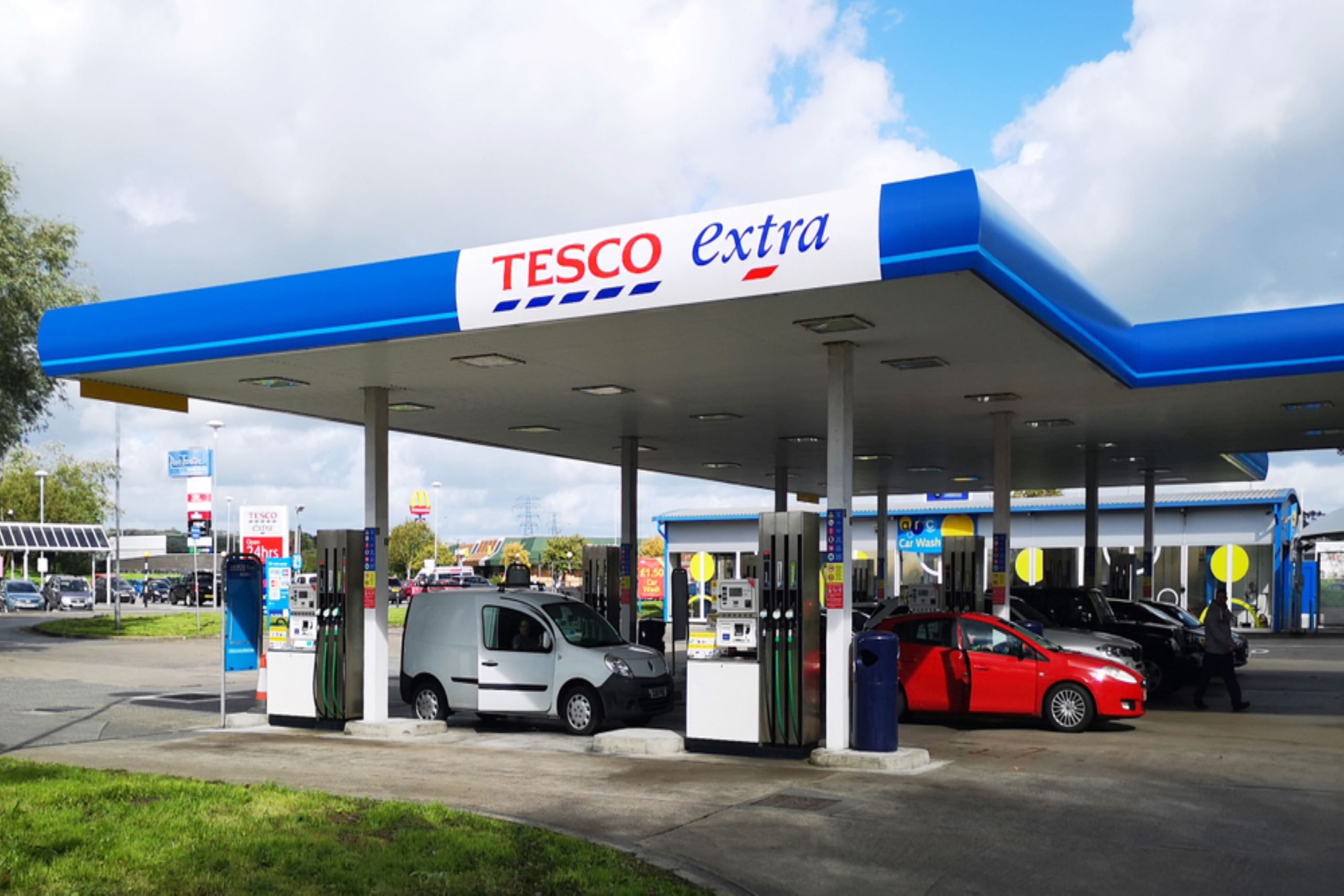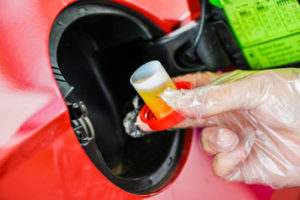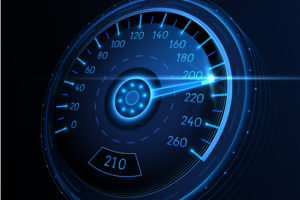If you’re using a vehicle for work purposes, being able to claim tax relief for costs like fuel expenses is essential. But do you know how to do this, and what usage will be eligible for these benefits?
While larger fleets may have systems to track this, this is an often overlooked benefit for smaller companies. However, it could offer essential savings for businesses on a tight budget.
What Is Mileage Tax Relief On Business Mileage?
These allowances let you offset the cost of fuel by claiming for every mile you drive. But how should you record and file for this, and what benefits can you expect to see?
What Business Expenses Can I Claim For?
Large and small businesses, sole traders, contractors and directors of limited companies can all take advantage of mileage allowances to reduce their burden when they pay taxes.
HMRC allows you to make claims for every mile you drive, provided the journey is for work purposes. This will enable you to cover some of the costs of running a company vehicle.
What Can You Claim Mileage Tax Relief For?
The most notable benefit is reducing fuel expenses, but the relief can also help manage other running costs. However, mileage expenses are calculated as a single claim to keep things as simple as possible.
This means you can’t make separate claims for individual motoring expenses such as:
- Fuel
- Electricity
- Road tax
- MOTs
- Repairs
The vehicle used does not have to be registered with the company. You can also claim mileage incurred on a personal car or van, provided you only claim mileage for business trips.
What Classes As Business Usage?
The key requirement for making mileage claims is that the trip must have been for a business purpose. But what does this mean in practice?
HMRC has specific guidance for what does – and does not – count as a business journey, so you must familiarise yourself with these business vehicle rules.
You must travel between workplaces or appointments to qualify as a business journey. The guidance says that if the trip is essential for work to be carried out, you can claim business mileage.
There are a few additional points to be aware of. Firstly, business usage must be the primary purpose of the trip – so if you’re taking a personal journey with a stop along the way for a business reason, this does not count as business usage.
Also, a commute to a workplace, unless it’s a different location from your usual place of work, is not considered business-related.
How Do Mileage Allowance Payments Work?
Mileage allowance payments allow employees to be reimbursed by their employer for vehicle business trips. Businesses do not have to pay tax on these reimbursements.
Flat rate per mile
This is based on a flat rate per mile. The first 10,000 miles a car or van travels in a tax year equals 45p per mile. For each mile after that, the rate drops to 25p.
If an employee takes a passenger on a journey, these trips can claim an extra 5p per mile. This also requires the passenger to be an employee and travel for business.
What Are Advisory Fuel Rates?
When claiming business expenses, employers can use HMRC’s advisory fuel rates for business journeys made using company cars. They are also used when workers have to repay the cost of any fuel used for personal travel.
These are calculated quarterly based on the car’s engine size and fuel type. For example, from 1 January 2025, the advisory fuel rate for petrol cars is 13 pence per mile for engines up to 1400cc, 16 pence per mile for engines from 1401 to 2000cc, and 24 pence per mile for engines over 2000cc
Therefore, if an employee buys petrol for a company car with a 1,400cc engine and records 300 miles of business usage, their employer would then reimburse them £48 (at 16p a mile) for these fuel expenses.
On the other hand, if they fuel up using a company account and travel 100 miles for personal reasons, they must repay their employer £16.
Businesses can set their reimbursement rates to better reflect their circumstances. For instance, if they use more fuel-efficient vehicles, they may set a lower figure per mile.
However, if they pay a rate higher than the approved mileage rates and cannot show that a vehicle costs more to run per mile, HMRC will consider the excess taxable profit.
How Can I Make Mileage Tracking Easier For Mileage Tax Relief?
You’ll need a record of your business usage to claim business mileage as a company or a sole trader.
This requires a log of the dates when any business travel took place, the purpose of the journey, the starting and destination points, and the total miles covered. You’ll also need receipts for any fuel purchases.
While the HMRC won’t ask you to submit all this information every tax year, you must keep these records for five years to show them during an audit.
Mileage Tracking Tools & Mileage Tax Relief Calculator
This can become complex if you’re still doing it by hand. Therefore, it pays to use specialist mileage tracking tools to make this easier. This software can automatically keep a complete record of any journey taken and calculate claims.
As a result, employees can save vast amounts of time that would otherwise be spent on admin. Meanwhile, firms can be confident that their claims to HMRC are accurate.
Understand Your Fuel Expenses With Fuel Card Services Mileage Tracking Solutions
Contact our experts to learn about mileage-tracking solutions and how they could save you time and money.

